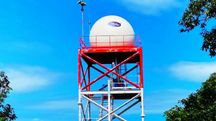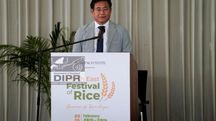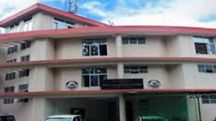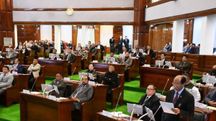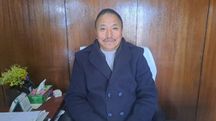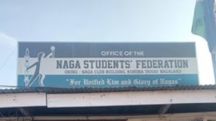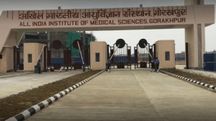Nagaland to ban discharge of septic waste into rivers in Kohima
Kohima bans septic tank waste discharge into water bodies. New measures for sanitation vehicle access implemented. Facilities to be reactivated for effective waste management.
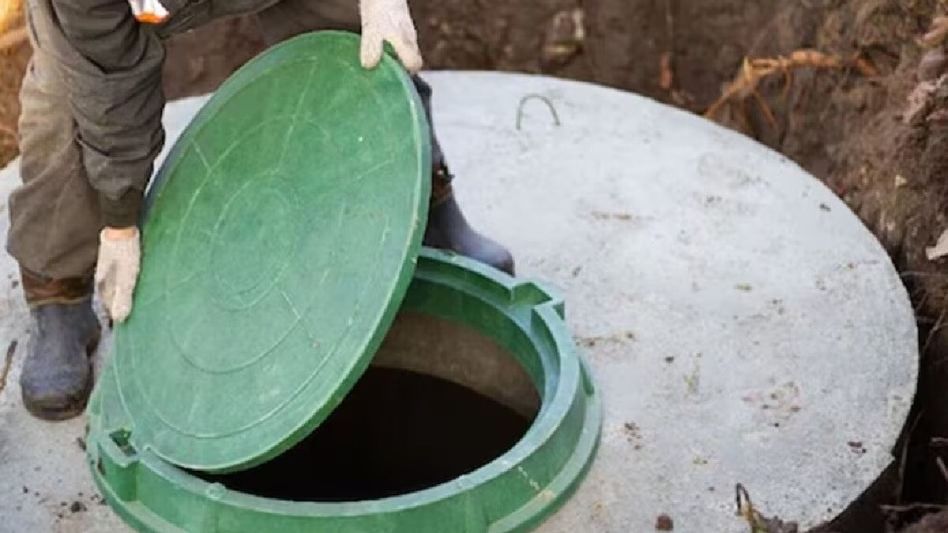
- Nagaland committee resolves to ban septic tank waste in Kohima rivers
- Colonies must provide access for cesspool and sanitation vehicles
- Reactivation planned for faecal sludge plant and recycling centre
The Nagaland Legislative Assembly (NLA) Committee on Environment and Climate Change on Tuesday resolved to ban the discharge of septic tank waste into rivers and nullahs within Kohima Municipal Council’s jurisdiction, while directing colonies to provide access routes for cesspool and sanitation vehicles.
The resolutions were taken at a consultative meeting convened by the committee in Kohima, which brought together municipal authorities, civil organisations and colony representatives.
Briefing reporters, MLA and committee chairman Achumbemo Kikon said the measures were necessary to curb unchecked pollution of rivers and enable effective waste collection in Kohima’s congested localities.
“From now on, no family or resident will be allowed to discharge septic tank waste into rivers. At the same time, colonies will ensure proper passage and turning space for cesspool vehicles so that waste can be collected effectively,” he told reporters.
The meeting also resolved to reactivate the faecal sludge treatment plant at Meriema village and the recycling and segregation centre at Lerie Colony, both of which were constructed with heavy government investment but remain non-functional.
Expressing concern over downstream pollution, Kikon highlighted how plastic and bottle waste, especially from Kohima, flows into the Doyang River in Wokha district, impacting Doyang town and adjoining areas.
"Unless Kohima keeps itself clean, we end up exporting our waste to other towns and rivers," he cautioned.
Urging citizens to cooperate, he appealed for strict segregation of biodegradable and non-biodegradable waste.
"Kohima must set an example. Waste should be turned into wealth," Kikon said, adding that sensitisation of citizens was vital for success.
Representatives of the Kohima Municipal Council (KMC), Kohima Chamber of Commerce and Industry (KCCI), leaders of the 19 wards/colonies in the state capital, and officers were present at the meeting.
Copyright©2026 Living Media India Limited. For reprint rights: Syndications Today

